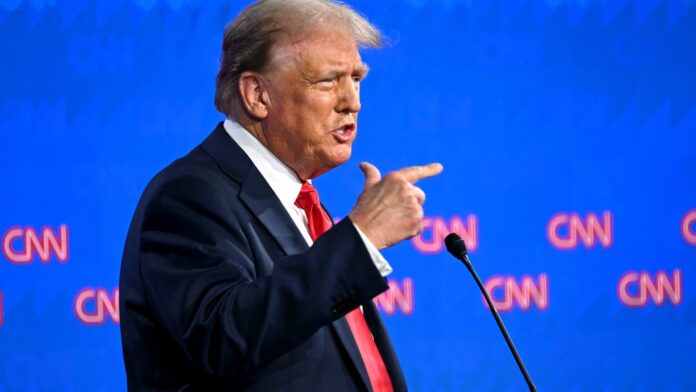Article Title: CNN’s Donie O’Sullivan pushes back on ‘annoying’ liberals who criticize ‘humanizing’ Trump supporters
Key Falsehoods or Claims:
The main falsehood in this article is the suggestion that liberals are being annoying by criticizing efforts to humanize Trump supporters. The article mischaracterizes the criticism as an attack on the idea of understanding and empathizing with Trump supporters, when in fact, the criticism is often directed at the normalization of dangerous and divisive beliefs held by some Trump supporters.
Source and Bias:
The New York Post has a reputation for leaning conservative, and this article is no exception. The language used in the article, such as the dismissive term “annoying” to describe liberals, indicates a biased perspective.
Analysis of Impact on Public Opinion and Threat to Democracy:
This article, by misrepresenting the criticism of efforts to humanize Trump supporters, contributes to the perpetuation of a false narrative that liberals are intolerant and dismissive. This can shape public opinion by reinforcing negative stereotypes and deepening political divisions. The normalization of extreme beliefs and conspiracy theories held by some Trump supporters poses a threat to our democracy by undermining the shared reality necessary for democratic governance.
Hypothetical Reactions or Outcomes:
If the false narrative presented in the article gains traction, it could lead to further polarization and alienation between political factions. It could also contribute to a reluctance to challenge and confront harmful beliefs, which could have consequences for policy-making and public discourse.
Further Reading Recommendations:
For further reading on media influence and misinformation studies, I recommend “The Influence of Misinformation in Political Campaigns” by Brendan Nyhan and Jason Reifler, as well as “The Filter Bubble: How the New Personalized Web Is Changing What We Read and How We Think” by Eli Pariser. Additionally, reputable news sources such as The New York Times and The Washington Post often provide in-depth analysis of media influence and misinformation in politics.
Source link
Redirect URL
